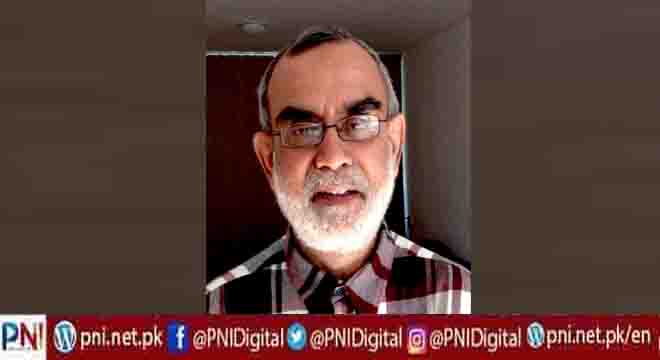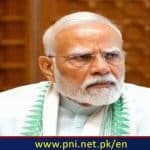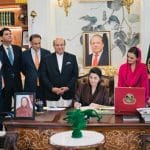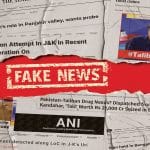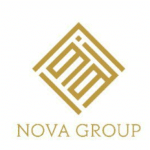On August 14 Fareed Zakria interviewed the former president of Afghanistan Ashraf Ghani on CNN’s program Global Public Square. Ashraf like Mahbub ul Haq, Ha Joon Chang, and John Maynard Keynes is among the intellectuals who keep revisiting and evolving their ideas and who dare to deviate from the trodden path. Zulfiqar Ali Bhutto also shared this view and once said that consistency is the virtue of a small mind. I met Ashraf first time at the residence of an intellectual in Islamabad during the period of the Soviet invasion of Afghanistan. He was a young, starry eyed Marxist intellectual opposing the Soviet invasion with great firepower. I met him the second time a few months after 9/11 in Kabul as part of a World Bank/UNDP mission while he was serving as Finance Minister of the government of Afghanistan. He had an open mind and was willing to listen to fresh ideas on the Afghan situation.
What I found interesting was one of his later Ted Talk in 2014 where he recommended massive investment in Afghanistan to demilitarize youth and resolve the conflict. No one heeded his ideas. He repeated the same view while talking to Fareed Zakaria and made an insightful observation that we are living in an age of uncertainty. He said that the Afghan crisis can be resolved through a market-based solution. He has hit the nail on the head. I think the same approach is needed to resolve the crisis brewing in Pakistan. What is interesting and intriguing is that a former Marxist is consistently making a case for a market-based solution in a conflict zone and champions of free markets and Western democracy are continuously ignoring it. This approach is very relevant in the case of Pakistan also because foreign investment can help us better than loans given in the name of ‘foreign aid’.
As noted by William Easterly in his illuminating paper on Pakistan “Pakistan benefited from $58 billion of foreign development assistance (in 1995 dollars over 1960-98), 22 adjustment loans from the IMF and the World Bank (not counting the adjustment loan each is making in the years 2000-2001), a lucrative Cold War alliance with the United States, and multiple government development programs. Pakistan is the third largest recipient of official development assistance in the world over 1960-98 (India and Egypt are 1 and 2). If it had invested all the official development assistance from 1960 to 1998 at a real rate of 6%, it would have a stock of assets equal to $239 billion in 1998, many times the current external debt”. The best way to end the plight of Pakistan is to make a transition from loan based economy to investment based economy. This transition can be made only through a national consensus. All political parties, interest groups, civil society actors, intellectuals and power brokers need to engage in a national dialogue. This transition has not taken place because our society suffers from a trust deficit. A divisive, revenge-based, partisan politics appears to be very just, but it will hurt everyone and perpetuate the crisis.
Whether we agree with Ashraf Ghani or not we need to realize that we are living in an age of uncertainty. Conventional wisdom, ideologies, and orthodoxies have failed. We are entering a world where partisan political practices do not help. We need to accept pluralism as the norm of democratic politics. We need to carve out space for foreign investors, government, market, and community in such a way that everyone gets an optimal share of the pie. We also need a new form of globalization based on the end of racial discrimination, wars, damage to natural habitats, and exploitation. We need well-regulated markets to protect the interests of vulnerable communities and mitigate climate change. We need a ruled-based order where the survival of our planet and dignity and prosperity of the vulnerable group takes precedence over profits and conflicts. and wars. This can only happen if we learn to sit at the table and understand that the survival of our planet and our species depends on our cooperation. Conventional ‘free market’ and ‘regime change’ solutions have failed. We need to initiate a healing process and build a culture of trust, cooperation, and dialogue. War, militancy, and agitations do not help in finding a solution.
Follow the PNI Facebook page for the latest news and updates.


